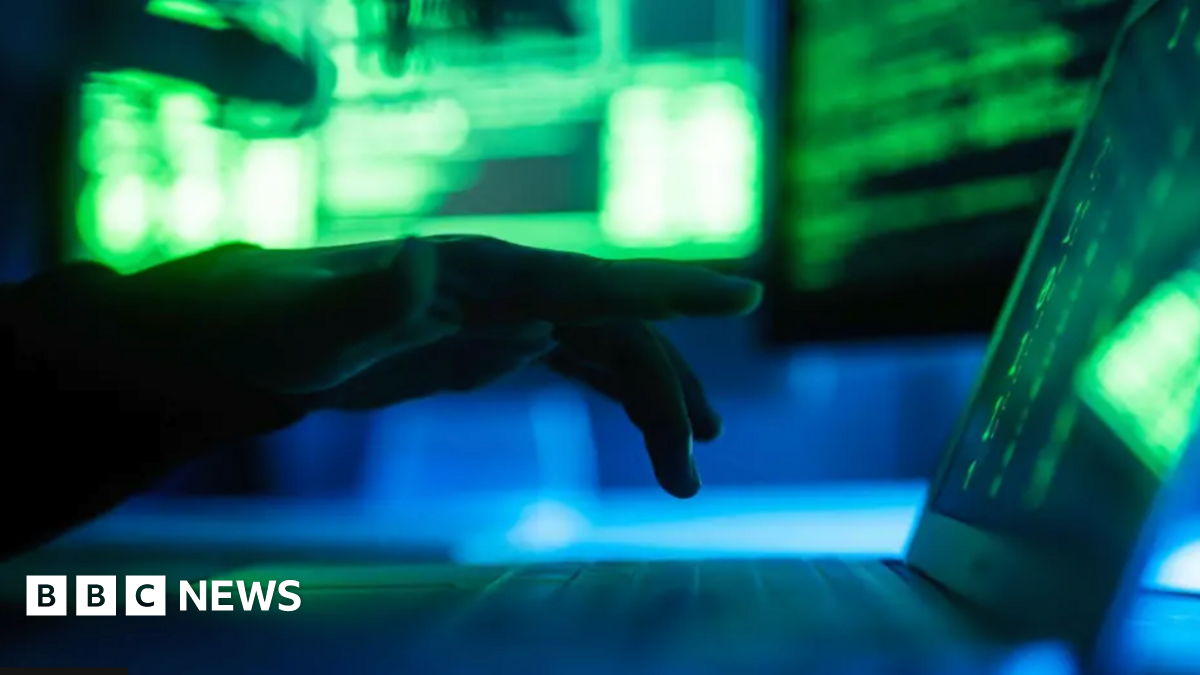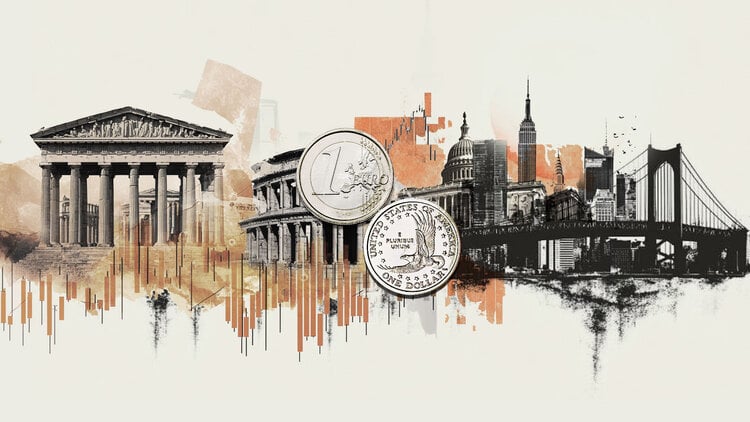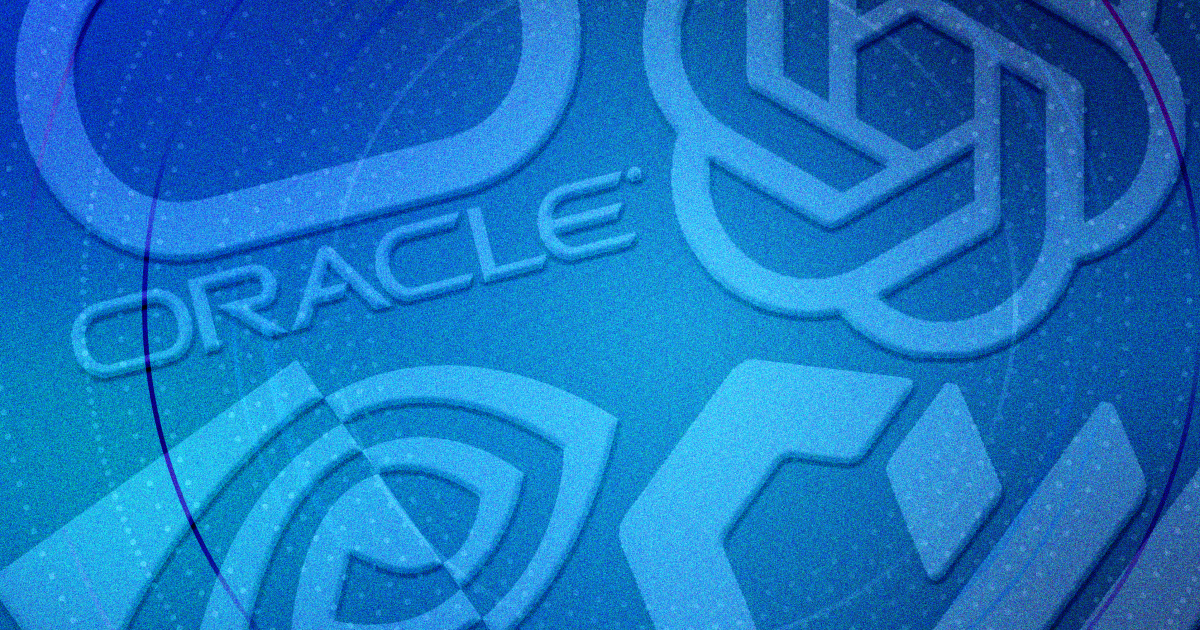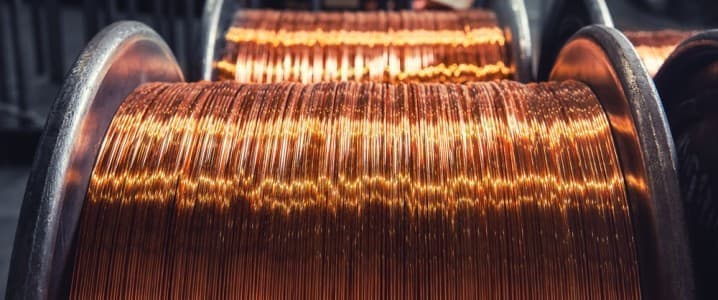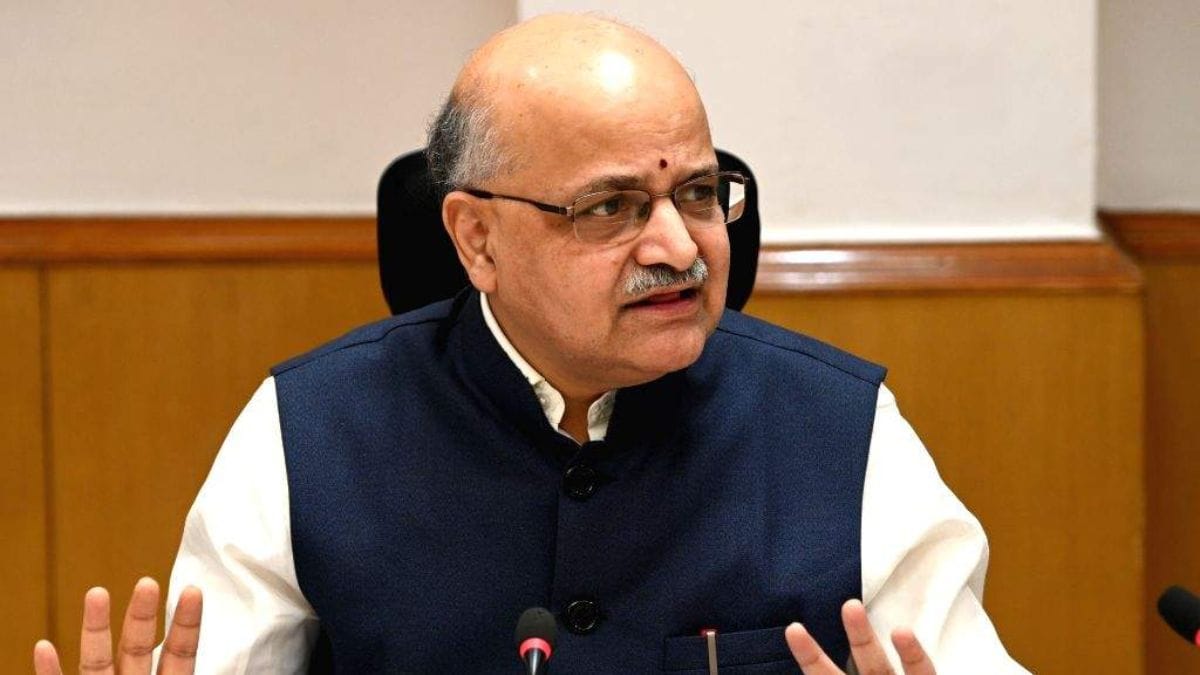Zelda Williams Slams AI Deepfake Videos of Her Father: 'It's a Waste of Time!'

Zelda Williams, the heartbroken daughter of the late Robin Williams, has a powerful message for those sharing AI-generated videos of her iconic father. "Please, just stop sending me AI videos of Dad. Stop believing I wanna see it or that I’ll understand. I don’t and I won’t," she shared in an emotional post on her Instagram story. Her plea resonates with many who have loved ones lost to time and serves as a reminder of the respect that should accompany the memories of the departed.
This heartfelt outburst comes just days after the launch of OpenAI's Sora 2, a revolutionary video model that enables users to create strikingly lifelike deepfakes, including of celebrities who have passed away. It’s alarming to think about how technology allows us to resurrect the images and voices of our loved ones, not to mention those of historical figures, all in a few clicks. With Sora, users have been crafting videos featuring not just Robin Williams but also icons like Martin Luther King Jr. and John Lennon.
What's particularly jarring is that while Sora has strict guidelines against generating videos of living individuals—unless one has consent—there's a gaping loophole when it comes to the deceased. This raises ethical questions: should our memories be commodified, and what about the wishes of those whose images are used without their permission? Zelda argues that it's not just disrespectful—it’s downright absurd. "If you’ve got any decency, just stop doing this to him and to me, to everyone even, full stop. It’s dumb, it’s a waste of time and energy, and believe me, it’s NOT what he’d want," she expressed, bringing a powerful emotional plea to the forefront of this technological conversation.
Interestingly, the inconsistencies in Sora's capabilities further fuel the debate. For example, while it can create a deepfake of Robin Williams, it won’t generate one of Michael Jackson, who passed away in 2009. Critics argue this selective memory reflects a troubling trend, as OpenAI appears to operate with little accountability regarding the digital legacies of those who have passed.
Zelda’s sentiment echoes a broader concern: as AI technologies advance, how do we maintain respect for the deceased? It’s vital to understand that these technologies, while impressive, don’t always capture the essence of the person they imitate. "To watch the legacies of real people be condensed down to ‘this vaguely looks and sounds like them so that’s enough,’ just so other people can churn out horrible TikTok slop puppeteering them is maddening," she noted, encapsulating the frustration many share. It’s a stark reminder that behind every digital representation is a real person with a legacy that deserves to be honored, not trivialized.
The debate surrounding AI deepfakes is heating up, with the Motion Picture Association already urging OpenAI to reconsider its practices, highlighting the urgent need for ethical standards in the rapidly evolving world of AI. As we stand on this technological precipice, we must ask ourselves: what kind of digital world do we want to create?













